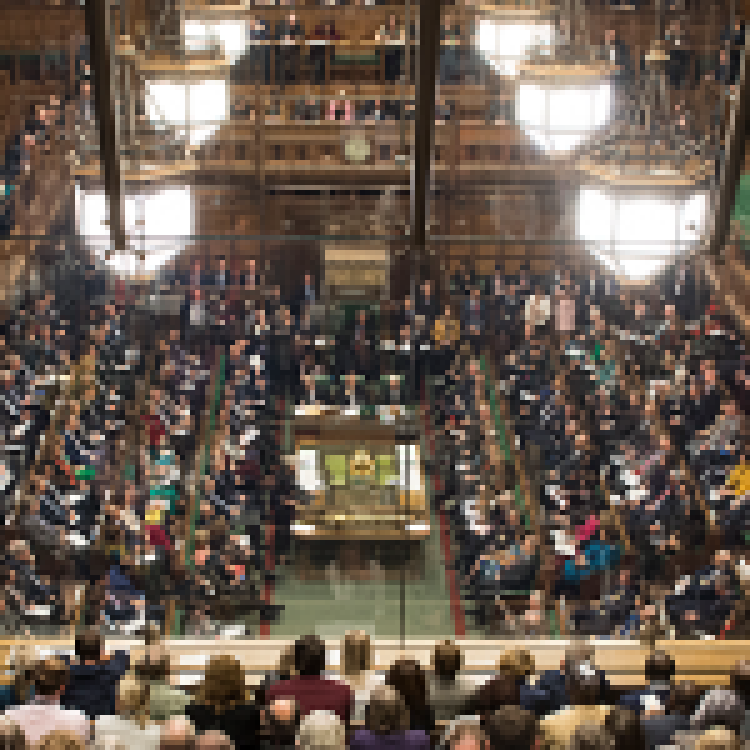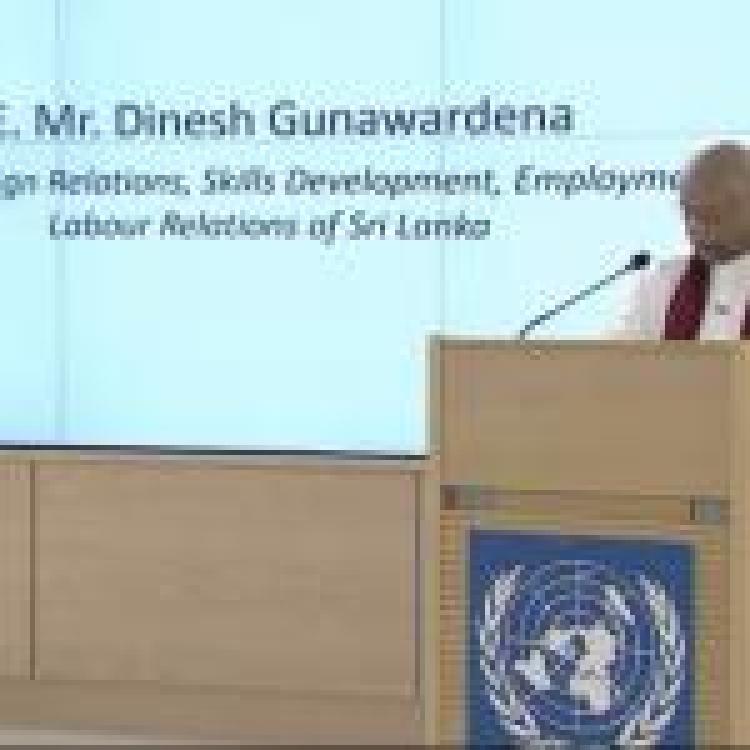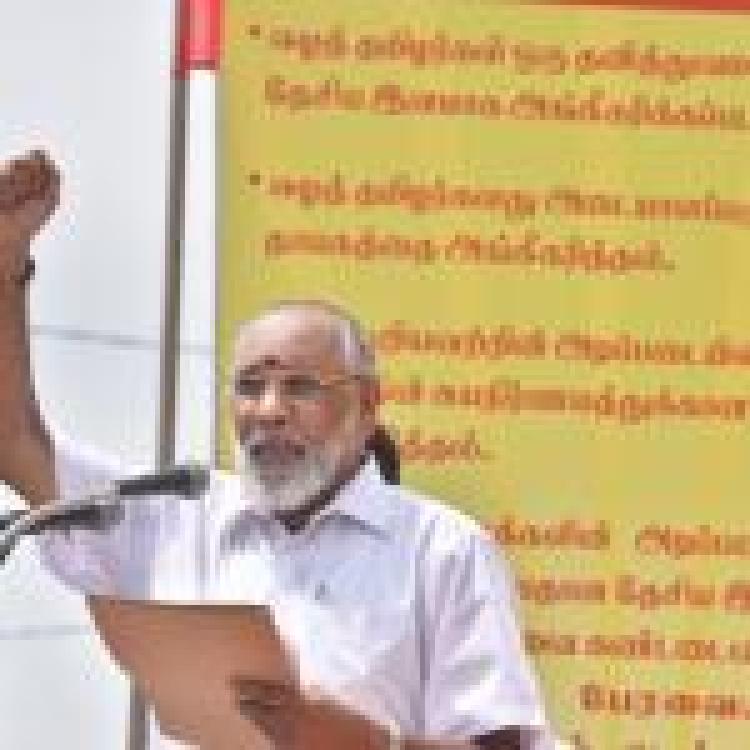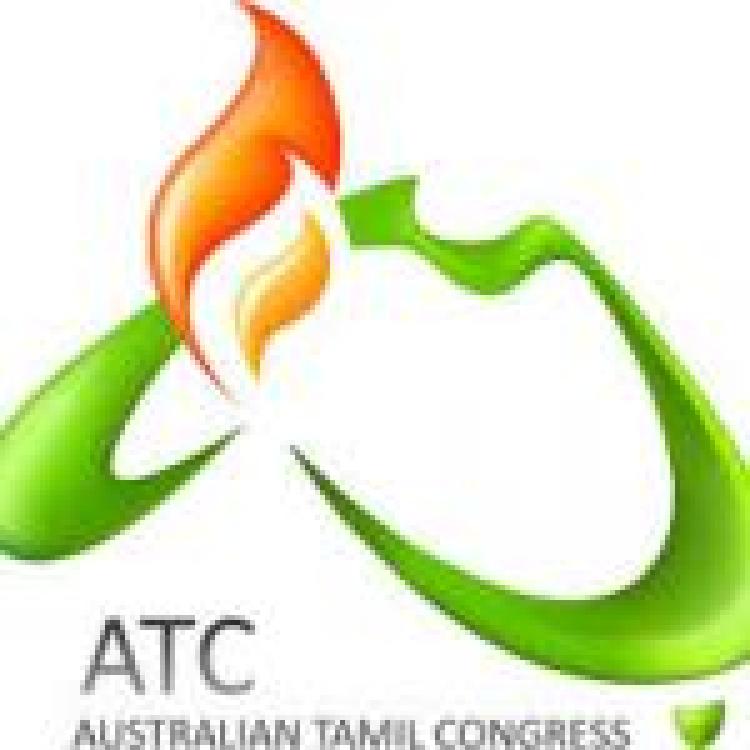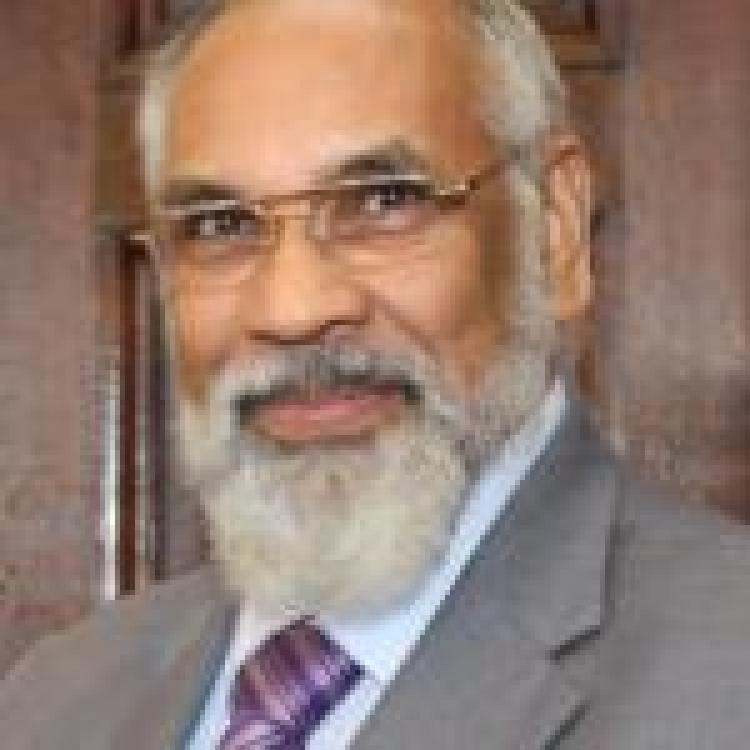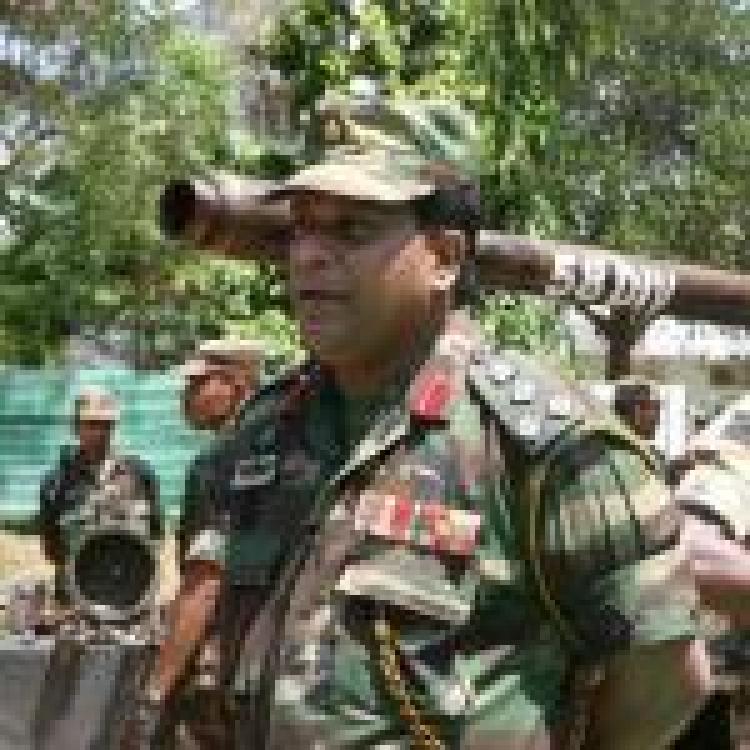British parliamentarian Theresa Villiers said that the UK needs to consider travel bans and asset freezes on Sri Lankan officials that may be implicated in war crimes, as she travelled to the UN Human Rights council to discuss accountability for mass atrocities this week.
Despite global concerns regarding the coronavirus outbreak, Villiers said she travelled to Geneva because she has “British Tamil constituents who wanted me to go to the UN session to talk to the national delegations there about the importance of human rights in Sri Lanka”.
“It is deeply worrying that no progress has been made on accountability for war crimes and the Government of Mr Rajapaksa is now trying to withdraw from resolution 30/1 altogether,” she said in a Facebook post on Saturday. "The longer the period before investigations take place, the more difficult it is to mount successful prosecutions. So eleven years on from the civil war, it is increasingly urgent that there is an effective process in place to secure justice for the Tamils living in the north and east of Sri Lanka.”
Aside from calling on the member states to ensure Sri Lanka abides by a UN resolution, Villiers says she “appealed to them to consider further action too”.
“The resolution was initially agreed after David Cameron had made the case for an international investigation into crimes committed during the civil war,” she said. “If 30/1 is not delivering progress, then the international community needs to go back and reconsider what kind of international process might be needed to collect the evidence needed to secure accountability and justice.”
Her comments come in the wake of the British government announcing it was due to bring in the "Magnitsky Act" into force soon, which would give the UK power to impose travel restrictions and asset freezes on individuals believed to have committed war crimes.
“Similar provisions in the US were recently used to issue a travel ban against senior military figure, Shavendra Silva,” said Villiers. “Mr Silva was in charge of the 58th Division which encircled the final stronghold of the rebels in the last stages of the civil war that saw at least 100,000 people killed. Secretary of State, Mike Pompeo, said in a statement that 'the allegations of gross human rights violations against Shavendra Silva, documented by the United Nations and other organizations, are serious and credible'."
“These allegations are denied by Mr Silva but their seriousness means that the UK Government needs to consider whether it should start to issue travel bans and asset freezes against figures within the Sri Lankan establishment where there are is evidence they are responsible for war crimes.”

